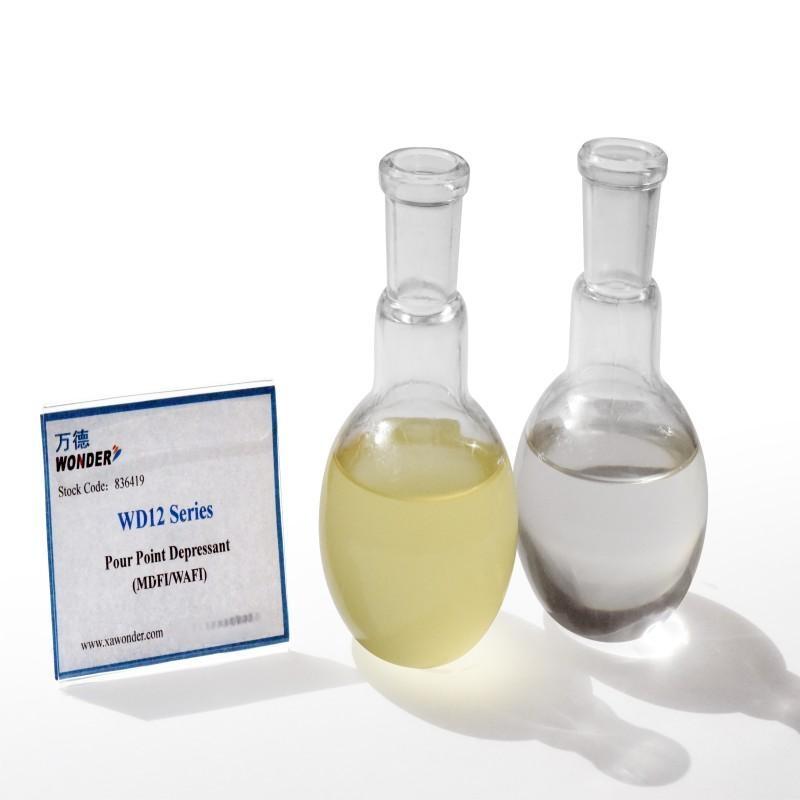-
Categories
-
Pharmaceutical Intermediates
-
Active Pharmaceutical Ingredients
-
Food Additives
- Industrial Coatings
- Agrochemicals
- Dyes and Pigments
- Surfactant
- Flavors and Fragrances
- Chemical Reagents
- Catalyst and Auxiliary
- Natural Products
- Inorganic Chemistry
-
Organic Chemistry
-
Biochemical Engineering
- Analytical Chemistry
-
Cosmetic Ingredient
- Water Treatment Chemical
-
Pharmaceutical Intermediates
Promotion
ECHEMI Mall
Wholesale
Weekly Price
Exhibition
News
-
Trade Service
Just last week, Biden proposed at the G7 summit that the price of Russian oil would be capped to curb inflation while minimizing Russia's oil revenues; However, the Russian side is also brewing a strong "counterattack"
.
On Thursday, July 14, local time, media reported that the Russian government was already working on plans to create a national oil benchmark next year in a bid to seize control of oil pricing against the West
.
Russia's major ministries, central banks and oil producers plan to launch oil trading
on a national platform in October.
Russia will work to attract foreign partners to buy oil, completing enough trading volume between March and July 2023 to establish a new oil pricing benchmark
.
For more than a decade, Russia has tried to establish its own oil benchmark, with little success
.
While Russian oil producers have sold oil for export at Moscow's Spimex commodity exchange, the smaller volume is not enough to establish a globally recognized benchmark
.
Russian officials have revealed that they are trying to ensure that they can sell oil without any external pressure or restrictions, and the price cap mechanism introduced by the G7 further demonstrates the need for Russia to establish an independent oil benchmark
.
However, the proposal is still in its early stages, and the Russian government has not yet determined whether additional legal frameworks
need to be established for this purpose.
Since the Russian-Ukrainian conflict, European and American countries have begun round after round of sanctions against Russia, including the embargo on Russian oil, insurance bans on the transportation of Russian oil, etc.
, but the energy sanctions imposed on Russia by European and American countries do not seem to have achieved the expected effect
.
Last week, the United States and its allies discussed limiting Russian oil prices to $40-60/bbl
.
Market analysis believes that oil limits may be difficult to implement and enforce, and Russia may be able to maintain better profitability by closing some oil wells, which will affect the world market to reduce supply by millions of barrels per day, and shortages may lead to further higher
oil prices.
Indian Prime Minister Narendra Modi has voiced a different voice, while Germany has made it clear that setting a price cap is a "wrong signal"
.
JPMorgan analysts have previously said that if the sanctions imposed by the United States and the European Union on Russian oil incur Russia's retaliatory production cuts, then international oil prices are likely to rise to a super high level of $380 per barrel, which European and American countries simply cannot bear at that time, which will push the West, especially Europe, to accelerate into a recession and be unable to extricate
itself.
Since February, Russian crude has been sold at a "deep discount" of $30 to $40 a barrel, while benchmark Brent crude has been as high as $
110 to $120 a barrel most of the time.
Therefore, Russian oil is still "attractive" in the international market, thanks to the large purchase of Russian oil by India and other countries, Russia can still earn more than $600 million a day from oil
.
International oil prices fell on Thursday, with WTI crude oil futures for August closing down 0.
54% at $95.
78 / barrel, once falling more than 5% during the day, the lowest level since the outbreak of the Russian-Ukrainian conflict; Brent crude oil futures for September closed down $0.
47 at $99.
10 a barrel, down as much as 4.
5% on the day to erase all gains since the outbreak of the Russia-Ukraine conflict
.







